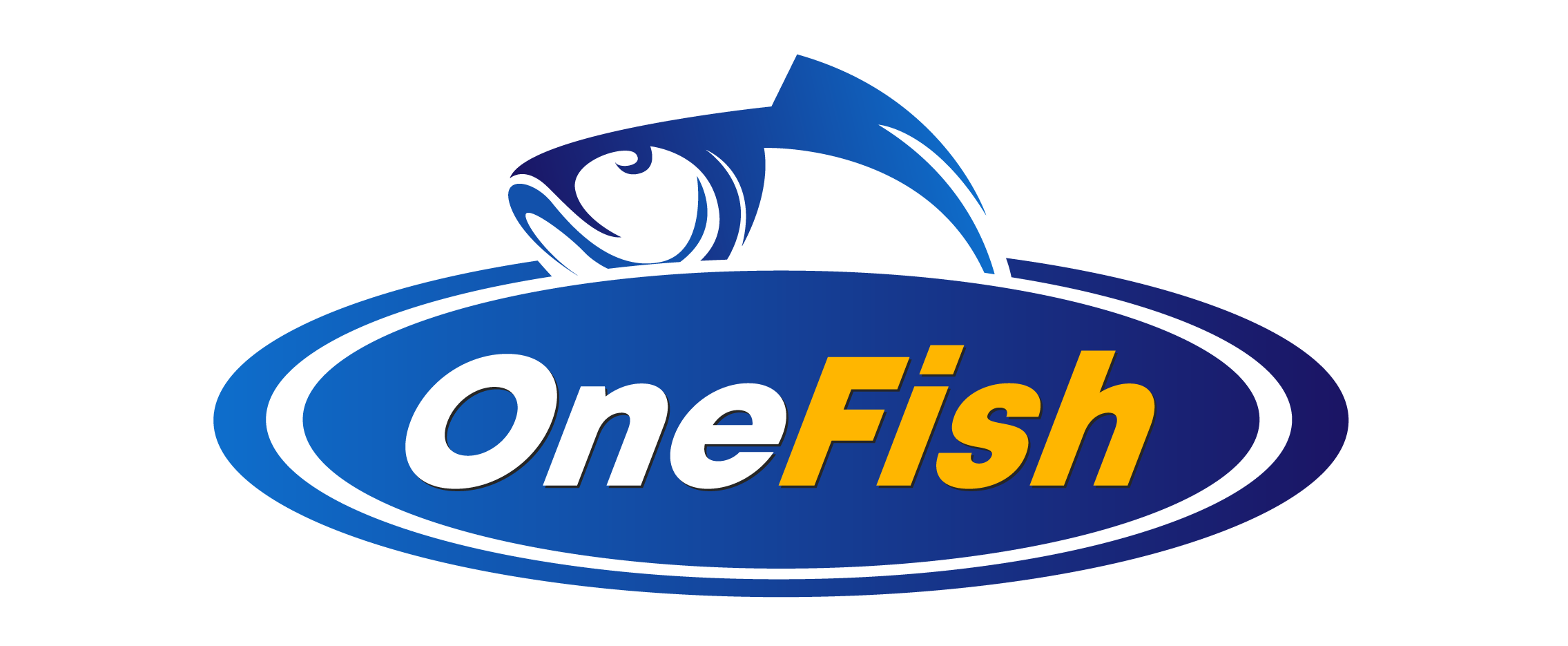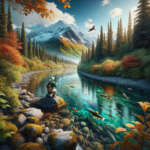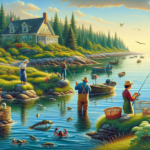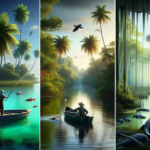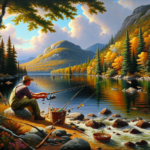Fishing in New Jersey: Coastal, Lakes, and Urban Spots

Introduction
Did you know that New Jersey is home to over 4,000 freshwater lakes and ponds, as well as 127 miles of Atlantic coastline? Whether you’re an avid angler or a weekend hobbyist, New Jersey offers a diverse range of fishing opportunities that cater to all skill levels and preferences.
In this article, we will explore the various fishing spots in New Jersey, including coastal areas, lakes, and urban locations. We will delve into the techniques best suited for these environments, the species you can expect to catch, and the gear you’ll need. Additionally, we’ll cover seasonal considerations, local events, and essential tips to make your fishing experience both enjoyable and successful.
Understanding the best fishing spots and techniques in New Jersey is crucial for maximizing your catch and ensuring a memorable outing. Whether you’re looking to catch striped bass along the coast, largemouth bass in a freshwater lake, or simply enjoy a day of urban fishing, this guide has you covered.
Background/Context
Historical or Cultural Significance
Fishing has been an integral part of New Jersey’s history and culture for centuries. Native American tribes, such as the Lenape, relied on the state’s abundant waterways for sustenance. In the colonial era, fishing became a vital industry, with New Jersey’s coastal towns thriving on the trade of fish and shellfish. Today, fishing remains a popular recreational activity, drawing both locals and tourists to the state’s diverse aquatic environments.
Geographical Overview
New Jersey’s geography is incredibly varied, offering a range of fishing environments. The state features a mix of coastal areas along the Atlantic Ocean, freshwater lakes and rivers, and urban fishing spots in cities like Newark and Jersey City. The climate is generally temperate, with hot summers and cold winters, which affects the behavior and availability of different fish species throughout the year.
Key Points/Details
Fishing Techniques
Technique Overview
New Jersey’s diverse fishing environments call for a variety of techniques. Coastal fishing often involves surfcasting, trolling, and bottom fishing. In freshwater lakes, anglers commonly use techniques like fly fishing, baitcasting, and spinning. Urban fishing may require more adaptable methods, such as using lightweight gear and artificial lures.
When and Where to Use
Surfcasting is ideal for New Jersey’s sandy beaches, particularly during the spring and fall when striped bass are most active. Trolling is effective in deeper coastal waters for species like bluefish and flounder. Fly fishing and baitcasting are best suited for freshwater lakes and rivers, especially during the warmer months when bass and trout are more active. Urban fishing can be done year-round, but early mornings and late evenings are often the most productive times.
Recommended Gear
- Surfcasting: Long rods (10-12 feet), heavy-duty reels, and sturdy lines (20-30 lb test).
- Trolling: Medium to heavy rods, trolling reels, and wire lines.
- Fly Fishing: Lightweight rods (4-6 weight), fly reels, and floating lines.
- Baitcasting: Medium rods, baitcasting reels, and monofilament lines (10-15 lb test).
- Urban Fishing: Lightweight rods, spinning reels, and braided lines (6-10 lb test).
Species Information
Species Overview
New Jersey’s waters are home to a wide variety of fish species. Coastal areas are known for striped bass, bluefish, flounder, and weakfish. Freshwater lakes and rivers host largemouth bass, smallmouth bass, trout, and catfish. Urban fishing spots often yield species like sunfish, carp, and perch.
Best Practices
- Striped Bass: Use live bait like bunker or eels, and fish during the early morning or late evening.
- Largemouth Bass: Opt for plastic worms or crankbaits, and target areas with heavy cover like lily pads or submerged logs.
- Trout: Fly fishing with nymphs or dry flies is effective, especially in clear, cold streams.
- Urban Species: Use small jigs or worms, and fish near structures like piers or bridges.
Location Information
Top Fishing Spots
- Coastal: Island Beach State Park, Sandy Hook, and Cape May.
- Freshwater: Lake Hopatcong, Round Valley Reservoir, and Delaware River.
- Urban: Liberty State Park, Branch Brook Park, and Weequahic Park.
Regulations and Licenses
New Jersey requires a fishing license for both residents and non-residents aged 16 and older. Saltwater anglers must also register with the New Jersey Saltwater Recreational Registry Program. Be sure to check local regulations for specific catch limits, size restrictions, and seasonal closures.
Seasonal Considerations
Seasonal Variations
Fishing conditions in New Jersey vary significantly throughout the year. Spring and fall are prime seasons for coastal fishing, particularly for striped bass and bluefish. Summer is ideal for freshwater fishing, with bass and trout being most active. Winter can be challenging, but ice fishing on lakes like Lake Hopatcong offers a unique experience.
Best Times to Fish
The best times to fish in New Jersey are typically early morning and late evening, regardless of the season. These times offer cooler temperatures and increased fish activity. Specific seasons also play a role; for example, spring and fall are best for coastal species, while summer is optimal for freshwater fishing.
Events and Tournaments
Event Overview
New Jersey hosts several fishing events and tournaments throughout the year. Notable events include the Governor’s Surf Fishing Tournament at Island Beach State Park and the Pequest Trout Hatchery’s annual Open House.
Preparation Tips
- Register early to secure your spot in popular tournaments.
- Practice your casting and retrieval techniques beforehand.
- Ensure your gear is in top condition, with fresh lines and sharp hooks.
Tips and Best Practices
General Tips
- Always check the weather forecast before heading out.
- Keep a fishing log to track your catches and identify patterns.
- Respect local wildlife and practice catch and release when appropriate.
Avoid Common Mistakes
- Not checking local regulations: Always be aware of size and catch limits.
- Using the wrong gear: Match your gear to the species and environment.
- Ignoring seasonal patterns: Fish behavior changes with the seasons.
Advanced Techniques
- Mastering the art of fly fishing can significantly improve your success with trout and other freshwater species.
- Learning to read water conditions, such as tides and currents, can enhance your coastal fishing experience.
- Experimenting with different lures and baits can help you identify what works best in specific conditions.
Gear and Equipment Recommendations
Essential Gear
- Rods and reels suited to your target species and fishing environment.
- Appropriate lines, leaders, and terminal tackle.
- A variety of lures and baits.
- Fishing license and any required permits.
Optional Gear/Upgrades
- Fish finders and GPS units for locating fish and navigating waters.
- Waders for freshwater and surf fishing.
- High-quality tackle boxes and storage solutions.
Where to Buy or Rent
Local shops like Ramsey Outdoor and TackleDirect offer a wide range of fishing gear. Online retailers such as Bass Pro Shops and Cabela’s also provide extensive selections. For rentals, check with local marinas and bait shops.
Safety and Conservation
Safety Tips
- Always wear a life jacket when fishing from a boat.
- Be aware of weather conditions and avoid fishing during storms.
- Use sunscreen and stay hydrated, especially during summer months.
Conservation Practices
- Practice catch and release to help maintain fish populations.
- Follow local regulations and respect size and catch limits.
- Avoid littering and dispose of fishing line and tackle properly.
Planning Your Trip
Accommodations
For coastal fishing trips, consider staying at beachside hotels or rental properties in towns like Cape May or Point Pleasant. For freshwater fishing, campgrounds near Lake Hopatcong or Round Valley Reservoir offer convenient access. Urban anglers can find numerous hotels in cities like Newark and Jersey City.
Travel Tips
- Plan your route in advance and check for any road closures or construction.
- Consider carpooling with fellow anglers to save on travel costs.
- Pack a cooler with snacks and drinks for longer trips.
Additional Activities
New Jersey offers a range of activities for non-fishing time. Visit historic sites like the Cape May Lighthouse, explore hiking trails in the Delaware Water Gap, or enjoy shopping and dining in urban centers like Hoboken and Princeton.
Frequently Asked Questions (FAQs)
Do I need a fishing license in New Jersey?
Yes, both residents and non-residents aged 16 and older need a fishing license. Saltwater anglers must also register with the New Jersey Saltwater Recreational Registry Program.
What are the best times of year to fish in New Jersey?
Spring and fall are ideal for coastal fishing, while summer is best for freshwater fishing. Early mornings and late evenings are generally the most productive times of day.
What species can I catch in New Jersey?
Coastal areas are home to striped bass, bluefish, flounder, and weakfish. Freshwater lakes and rivers host largemouth bass, smallmouth bass, trout, and catfish. Urban fishing spots often yield sunfish, carp, and perch.
Conclusion
New Jersey offers a wealth of fishing opportunities, from its scenic coastal areas to its tranquil freshwater lakes and bustling urban spots. By understanding the best techniques, species, and locations, you can make the most of your fishing adventures in the Garden State. Remember to follow local regulations, practice conservation, and prioritize safety to ensure a rewarding and sustainable fishing experience. So grab your gear, head out to one of New Jersey’s many fishing spots, and enjoy the thrill of the catch!
